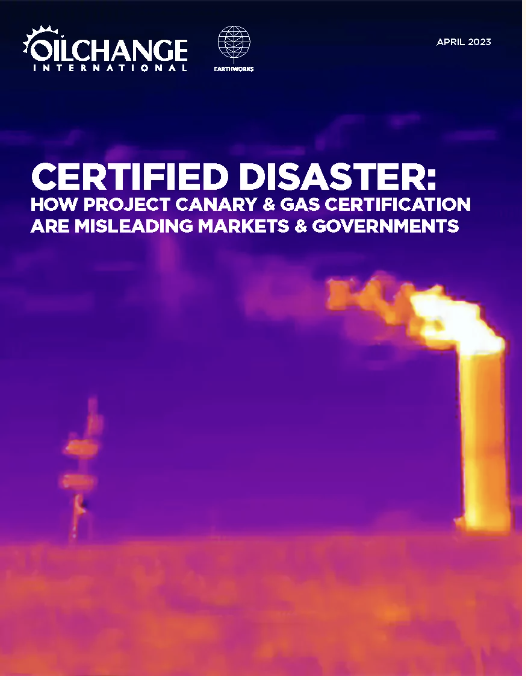Measurement, Monitoring, Reporting and Verification (MMRV) of methane pollution without commitments to a Phase-out of fossil fuels is a dangerous distraction.
What is MMRV and why are we talking about it?
Across the globe, we are failing to accurately measure, monitor, report and verify climate pollution from the oil and gas industry. Some countries may be doing better than others, but none are excelling. For instance, studies suggest that the oil and gas industry in the United States under-reports their methane emissions by somewhere between 60–100%.
MMRV is a relatively new term that is quickly becoming a major focus of climate action leading up to COP28, for better or worse. It stands for measurement, monitoring, reporting and verification but as an acronym MMRV represents a framework to gather better pollution data about the full extent of climate pollution from fossil fuels. It is essential to acquire the best data from polluters for regulators and global diplomats to set accurate emissions reduction goals, take action to achieve them, and assess our progress. But industry and governments are behaving as if pollution mitigation alone justifies continued expansion by the oil and gas industry. It does not.
As the IEA said in their recent report, climate catastrophe within our lifetimes cannot be avoided without both cuts to methane gas pollution and a phase out of fossil fuels. MMRV may be a helpful tool, but we must address major problems with it first.
Our own investigation with Oil Change International found that voluntary efforts to measure and reduce emissions are unregulated and not reliable.
Read the Report
This is the same data countries and corporations use to set climate goals and track progress towards them. Bad data in, bad data out. If we are serious about solving the climate crisis we need to get the data right.
Progress and Industry Sabotage
The Biden Administration has taken huge steps towards tackling this issue. In the last 3 years they have drafted the most comprehensive rules to limit methane and other hazardous air pollution from oil and gas infrastructure, begun updating standards for reporting pollution across all industries, and with the help of Congress, signed the Methane Emissions Reduction Program into law.

But even with these improvements, most reporting figures will continue to come from oversimplified estimations, not direct measurement at the source. Even more problematic is that, in the oil and gas sector, the small amount of direct measurement that does happen is often clouded by a lack of transparency, questionable technology, and a history of deceit.
Our own investigation with Oil Change International found that voluntary efforts to measure and reduce emissions are unregulated and not reliable. Operators can easily manipulate it, and the resulting data is highly opaque, often failing to capture emissions.
There is hope that new technologies, such as satellites equipped with emissions measurement tools, will continue to close the gap between estimation and measurement. But it is also just as likely that oil and gas pollution will always be present at higher rates than reported. Therefore, attempts to limit fossil fuel pollution by monitoring, measuring, reporting and verifying alone can not be mistaken as a pollution solution.
Our position at Earthworks is simple: efforts to reduce methane are essential, but without an explicit commitment to stop permitting fossil fuel extraction and infrastructure, such as export facilities and petrochemical plants, they are not a climate solution. In fact, as we will show you, they risk jeopardizing our one shot at avoiding the climate crisis.
Stay tuned for our next blog in this series.
